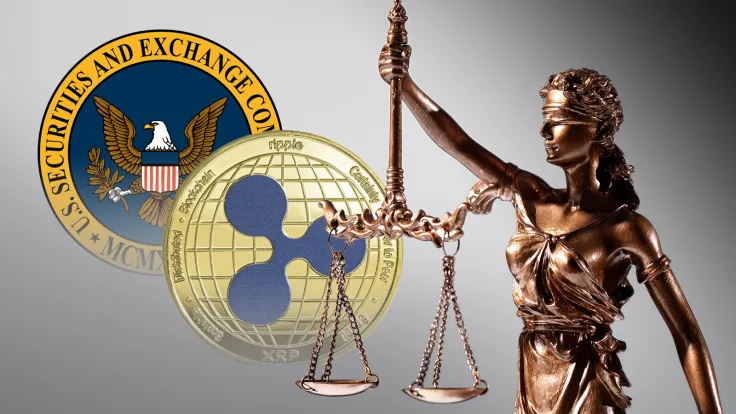In a detailed analysis, pro-crypto lawyer John E. Deaton has broken down the SEC's tactics in its ongoing battle with Ripple. The lawyer's recent essay, "The Irony of Interlocutory Appeal," dissects the SEC's efforts to challenge Judge Torres' ruling regarding Ripple's XRP sales and the Howey test.
Following Ripple's victory in July, the SEC swiftly filed an appeal to counter the ruling. Deaton anticipated this move, pointing out the attempt by the security watchdog to control the narrative.
The request for an interlocutory appeal, Deaton argues, masks the actual intention of the SEC to prolong the litigation process. Here the lawyer also highlights the irony in the SEC's claim of seeking efficiency while simultaneously extending the legal battle through various appeals and delays.
However, on the other side, Judge Torres' approval of the interlocutory appeal motion allows her to clarify her judgment thoroughly. Deaton firmly believes that Judge Torres would arrive at the same verdict even after a successful SEC interlocutory appeal. If the SEC loses at the 2nd Circuit, the case returns to Torres for trial, followed by the customary appeal process on all issues.
Ruling
Deaton's analysis reveals the SEC's attempts to incorporate arguments from unrelated cases into their appeal, a move he characterizes as desperate. Despite the regulator's efforts, the lawyer remains firm in his belief that Judge Torres' decision will stand.
The legal battle between Ripple and the SEC now resembles a high-stakes game of legal chess. With each move dissected and countered, the intricacies of the case mirror a strategic battle on a grand scale.




 Dan Burgin
Dan Burgin Vladislav Sopov
Vladislav Sopov